

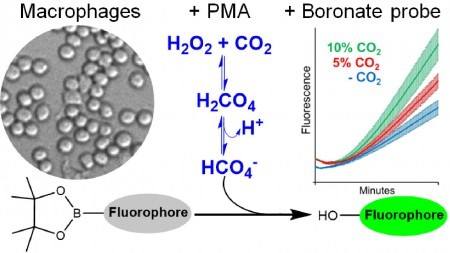
A study conducted at the University of São Paulo in Brazil helps elucidate the impact of high levels of atmospheric carbon dioxide on human health.
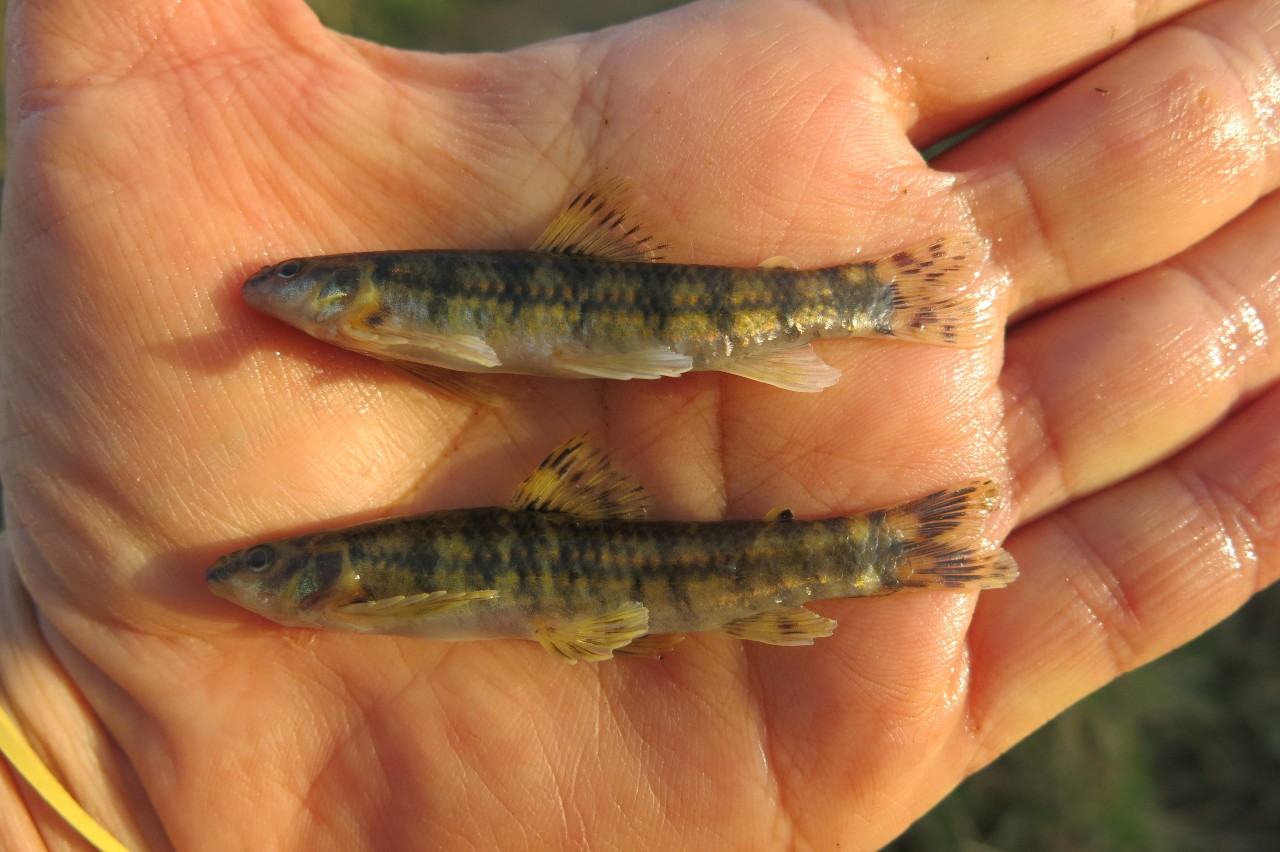
Through morphological and molecular analysis of material collected from rivers in Brazil's Northeast region, the researchers are extending their knowledge of the evolutionary history of South American darters in the genus Characidium.

The product, derived from sugarcane, is being developed by Dermbio Biotech, a startup incubated at the State University of Campinas.

The conclusion is from a study of 774 vegans conducted by researchers at the University of São Paulo in Brazil. An article reporting its findings is published in JAMA Network Open.
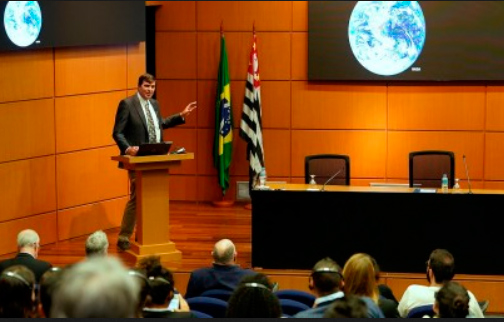
Alex Ruane delivered the 7th FAPESP Lecture 2024 on “Climate Change and Food Security”
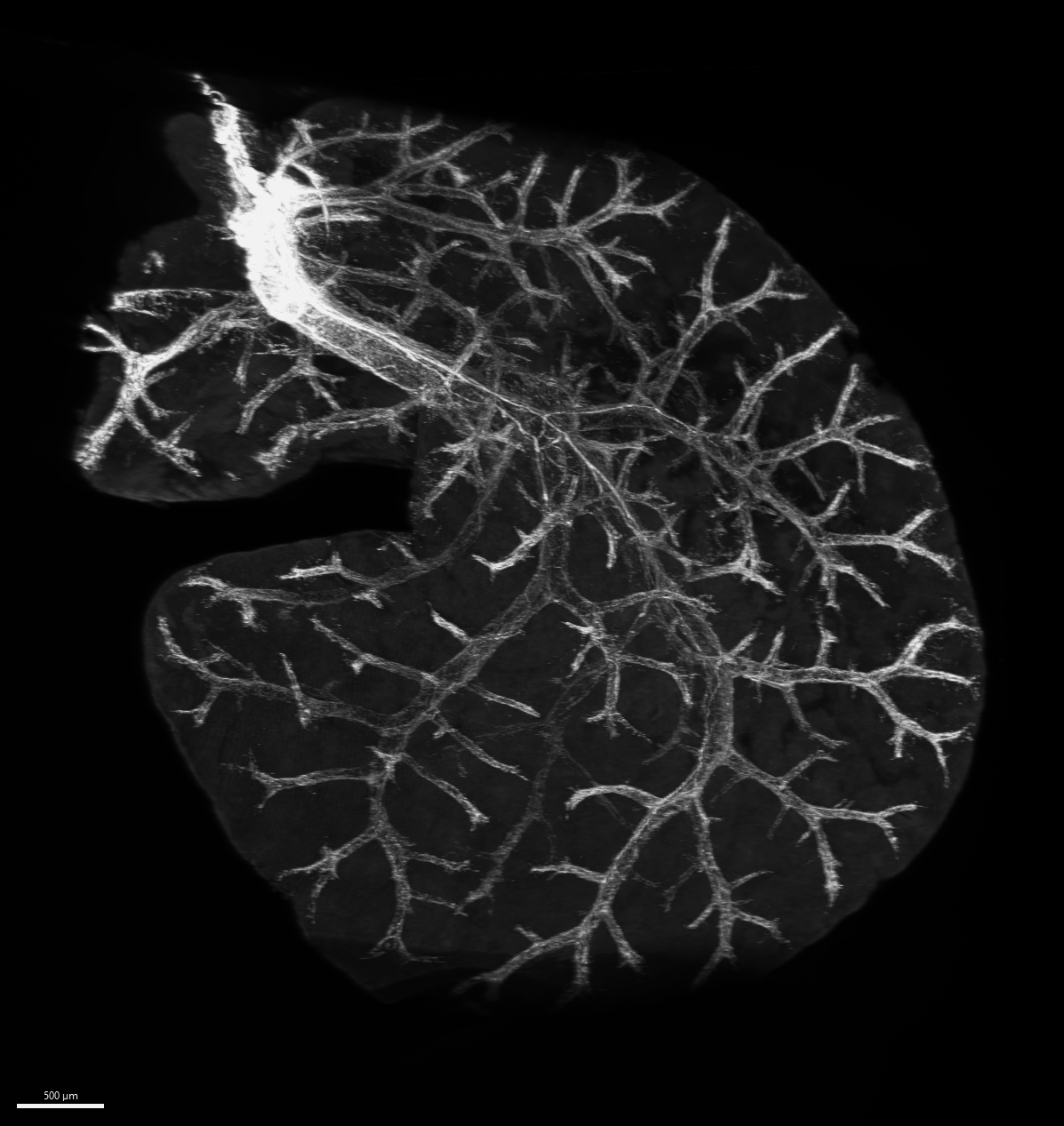
In addition to providing a detailed description of the morphology of hepatic nerves, the study led by Brazilians showed that the increase in blood sugar was activated by a protein called CREB.
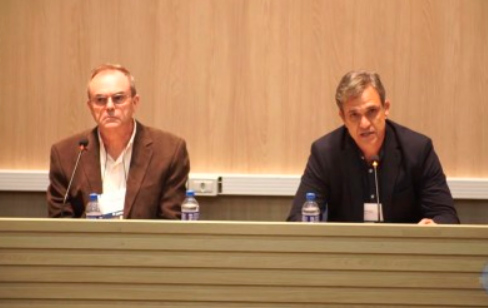
Researchers affiliated with the FAPESP Research Program on Global Climate Change met at the State University of Campinas in Brazil to discuss current research priorities in the effort to understand and combat the consequences of the extreme events caused by global warming.
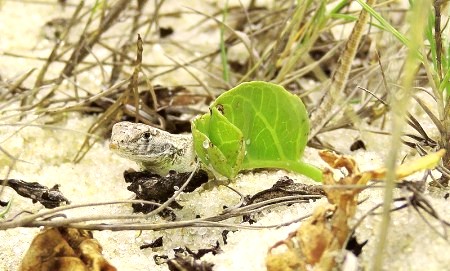
A study conducted by Brazilian scientists and colleagues in other countries shows that earthquakes, hurricanes, tsunamis and volcanic eruptions increase the risk of extinction for mammals, birds, reptiles and amphibians. The natural events may have synergies with hazards due to human activity.
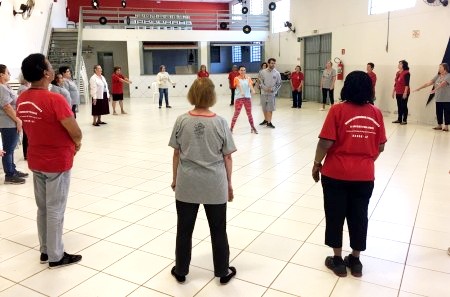
Researchers at São Paulo State University (UNESP) in Brazil evaluated the effect of three different low-cost training programs on a group of socially vulnerable female volunteers. HIIT combined with muscle strength exercises was the most efficacious in terms of reducing blood pressure and arterial stiffness, the main risk factors for cardiovascular disease.

The solution, developed by a startup supported by FAPESP, enables farmers to forecast water availability for a six-month horizon.

A report by an international group of researchers including three Brazilians shows that climate change tripled the probability of weather conditions favoring unprecedented wildfires in Canada and multiplied it by a factor of 20 in western Amazonia between March 2023 and February 2024. Global carbon emissions were 16% above average.
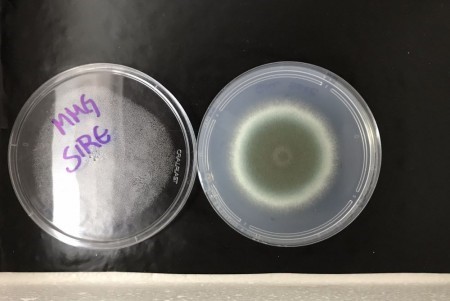
The researchers are now looking for a molecule that inactivates the protein expressed by the gene as a basis for a drug that could complement existing medications, which are not always effective and can have adverse side-effects.
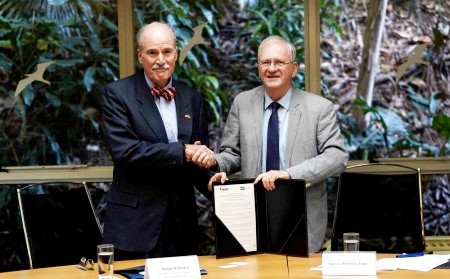
The MoU is the first cooperation agreement between NIH and a foreign partner to cover a wide array of research areas.
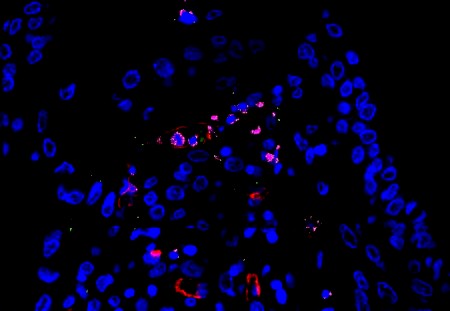
In PLOS Pathogens, researchers at the University of São Paulo in Brazil report a study based on autopsies of 47 patients who died after being infected by the ancestral strain of SARS-CoV-2. The findings will support clinical decisions on the treatment of critical cases.
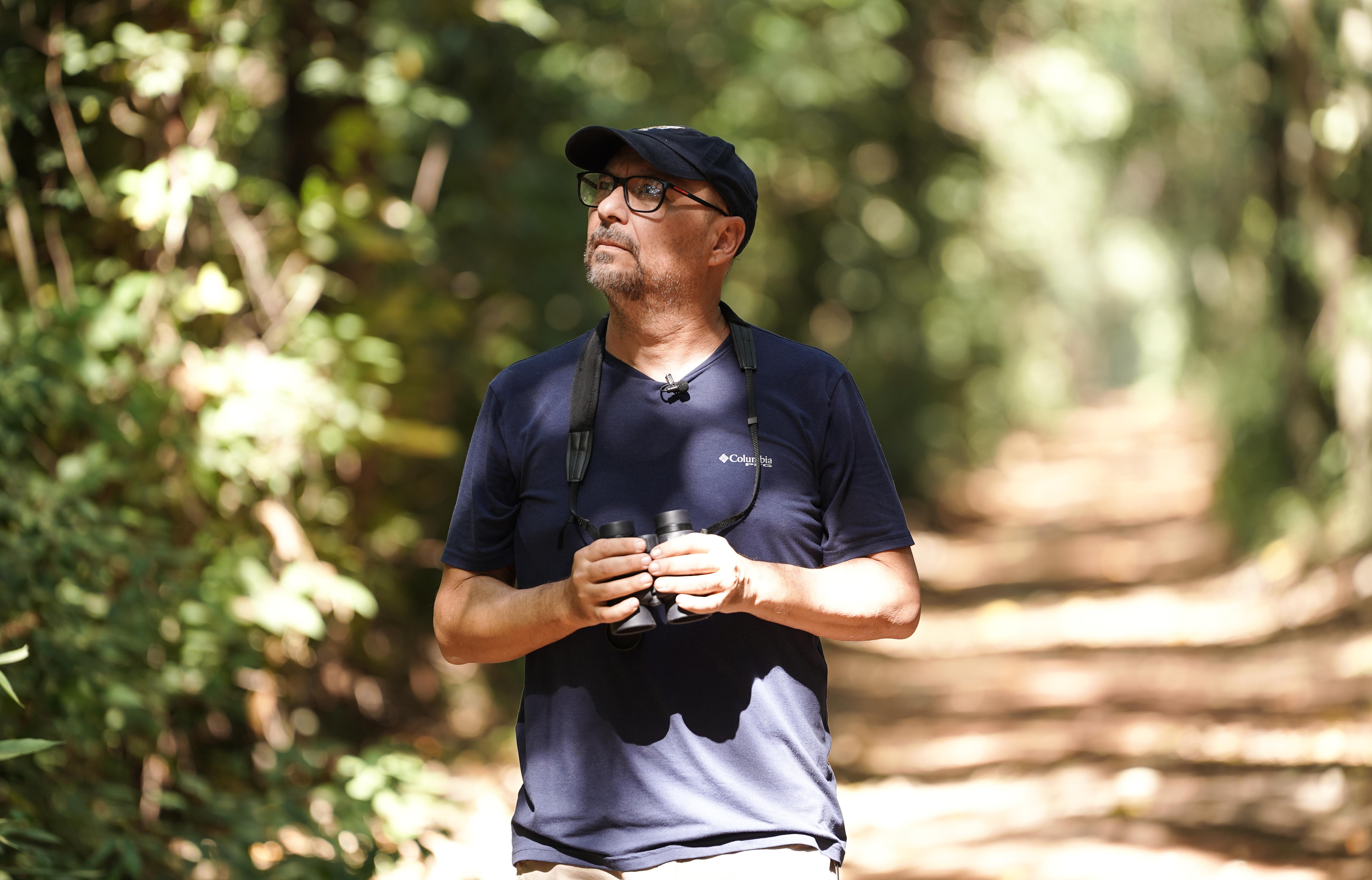
A member of the Center for Research on Biodiversity Dynamics and Climate Change, Mauro Galetti uses his experience from his undergraduate studies in biology to his most recent studies in ecology to tell stories in accessible language that inspire readers to fight for the planet.

Scientists at the University of São Paulo present this conclusion based on a systematic review of the literature in a paper published in the Journal of Cleaner Production.

Richard Glenn’s aim on his first official visit to Brazil was to strengthen the ties of partnership with FAPESP.

In the journal Current Microbiology, Brazilian researchers describe how three strains of bacteria in the genus Lactobacillus can benefit human health and meet the needs of the cheese industry.

Brazilian researchers investigated the effects of delivery date manipulation to avoid the Carnival holiday. Their findings suggest Brazilian women are giving birth too early, impairing the health of their babies.
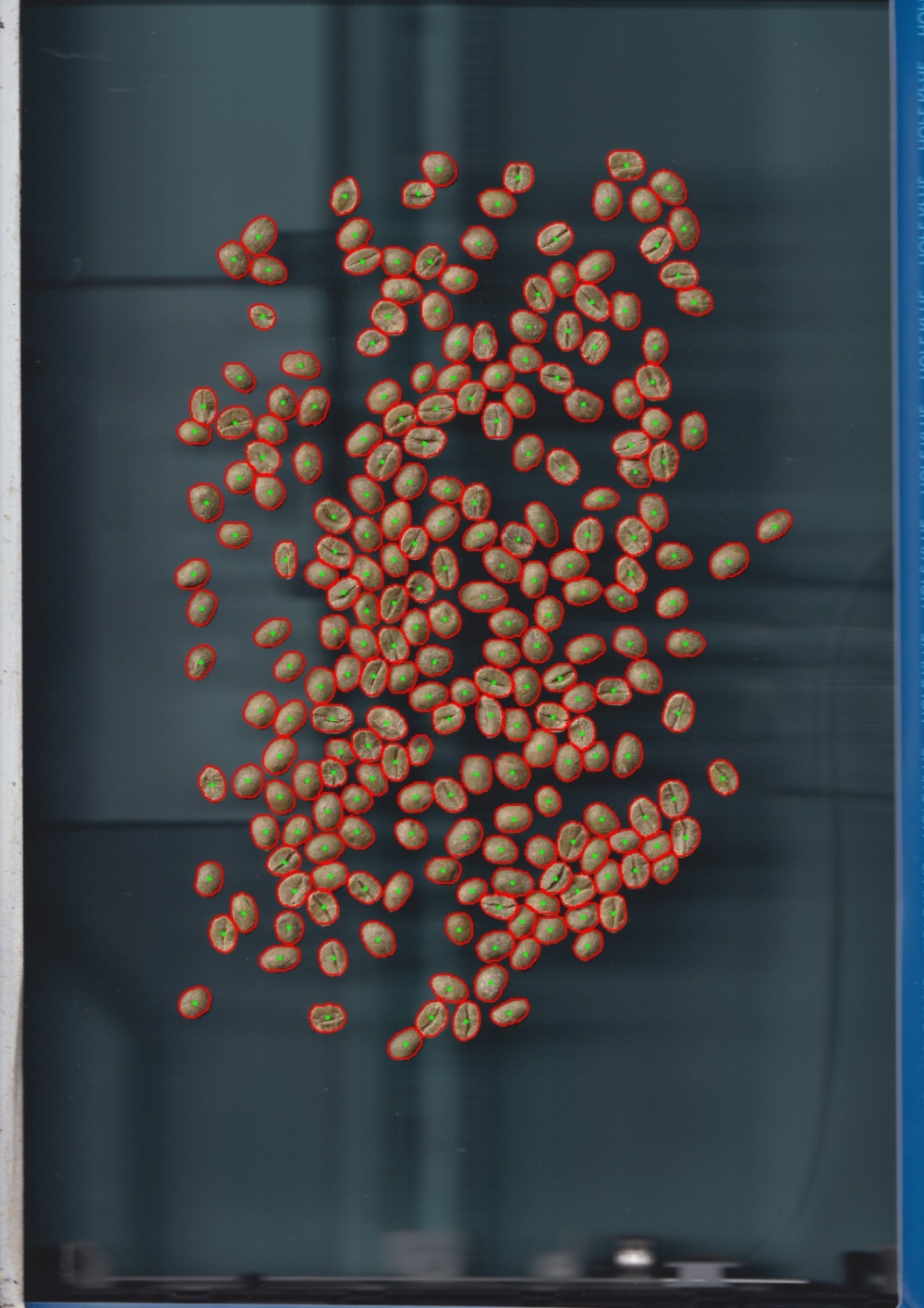
A system created by a startup supported by FAPESP evaluates coffee cherry quality with precision on the production line, reducing waste and enhancing yield.

The researchers based their findings, published in Molecular Autism, on data for more than 900 children with ASD and experiments with brain organoids derived from blood cells donated by some of the children.

An article reporting the study is featured on the cover of Nano Letters; the findings can help design next-generation electronic materials for the semiconductor and nanotechnology industry.
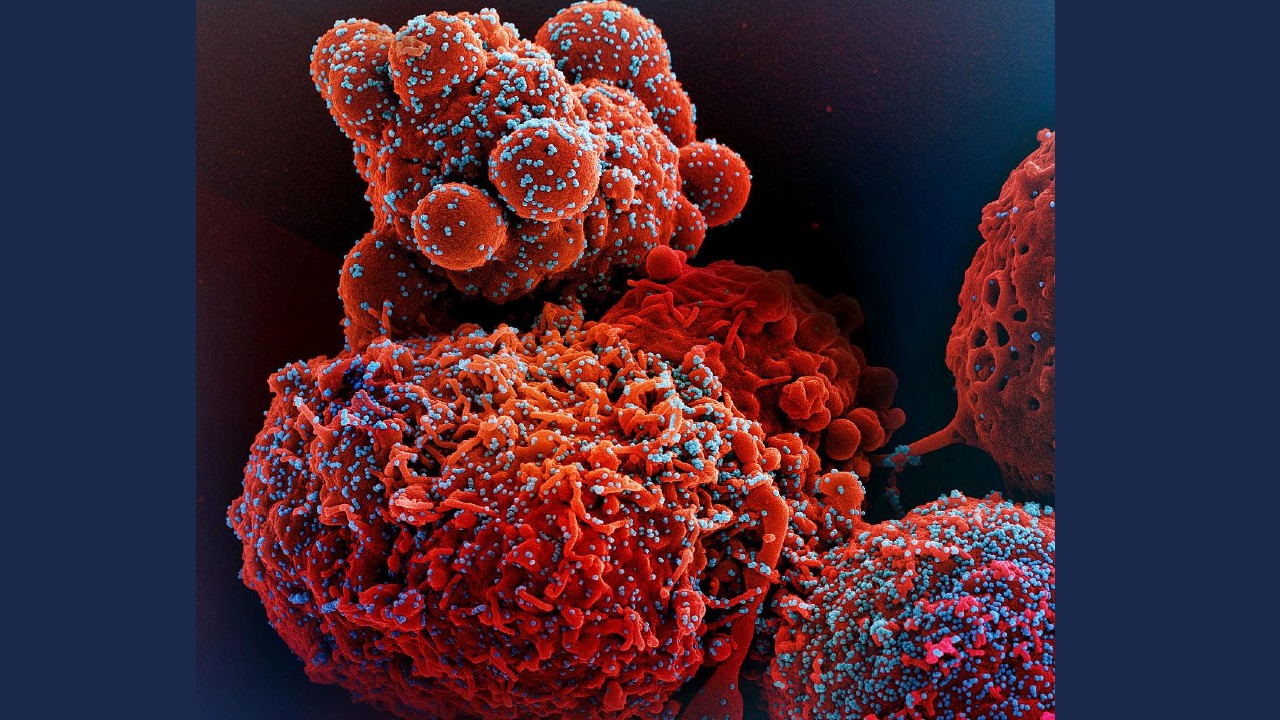
According to Brazilian researchers, SARS-CoV-2 uses this strategy to manipulate the machinery of the host’s defense cells. The discovery paves the way for the development of novel therapies.
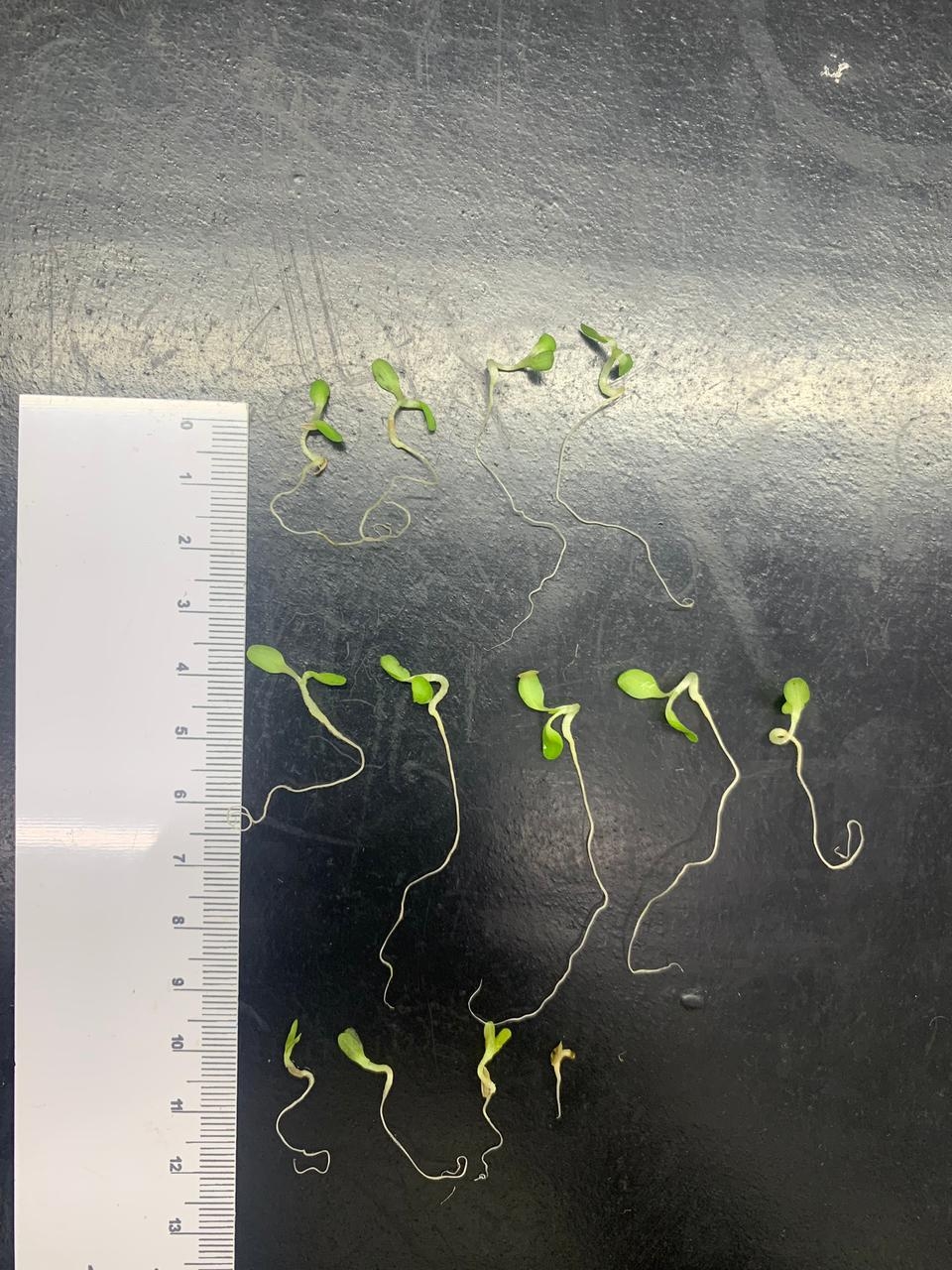
A startup supported by FAPESP has created a solution that promotes development and growth of the roots and aerial part of plants.